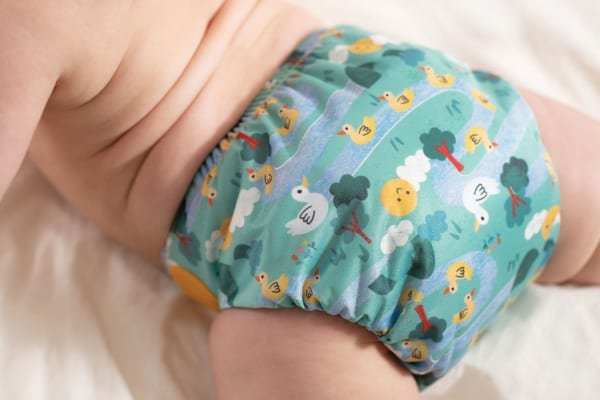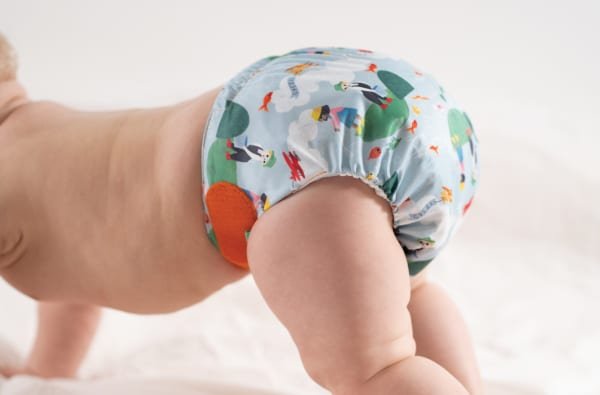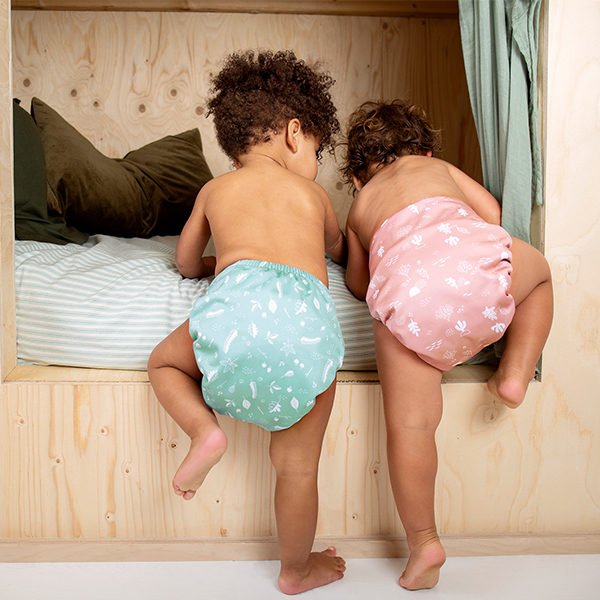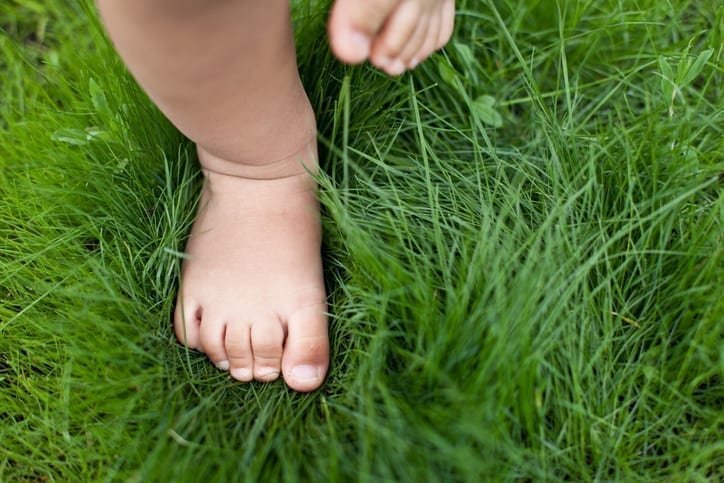TotsBots, the UK’s leading reusable nappy brand, has joined forces with the Nappy Alliance to urge UK parents to give reusable nappies a try during Reusable Nappy Week (19-24 April).
With 20% off select reusable nappies and accessories from totsbots.com, My Green Pod Hero TotsBots is offering an incentive for parents to give reusables a try to dramatically cut back on CO2 emissions and the 6.2 million tonnes of waste each year.
What is Reusable Nappy Week?
Reusable Nappy Week is an annual event organised by the reusable nappy industry with the support of NGOs and local government. It shows parents and caregivers how easy it is to change from disposable nappies and reduce their part in the nearly 3 billion single-use nappies that end up in landfill or incineration in the UK every year.
Now in its 25th year, Reusable Nappy Week will take place 09-25 April 2021, with the theme ‘Choose to Reuse’.
Brands, manufacturers, retailers, cloth nappy libraries and washable nappy laundry services will be involved in events throughout the week, including reusable nappy demonstrations, workshops and information on claiming incentives.
Incentives to reuse
In London, eight local councils currently participate in a voucher incentive scheme run by Real Nappies for London that provides financial assistance to families using reusable nappies for the first time.
Research has shown this to be a cost-effective mechanism with a real impact on public waste disposal budgets: councils save 11 times as much on waste disposal as they spend administering the scheme.
Using the hashtag #PassTheNappy, parents and caregivers are encouraged to pass on no longer needed, good quality reusable nappies to families expecting a baby or with a child in nappies.
Donations are posted on social media to welcome families to the online reusable nappy community, and highlight the environmental and cost-saving benefits of switching to reusable nappies.
Single-use plastics
The average UK disposable nappy is made up of 61% plastic. According to The Nappy Alliance, single-use nappy usage equates to throwing away 17 plastic bags a day: 6,205 per year, per child.
Parents in the UK throw out approximately 3 million disposable nappies each year, costing local authorities over £60 million per annum for disposal. A discarded disposable nappy travels through the household waste system and is either incinerated or sent to landfill, where it will take more than 300 years to break down.
Disposable nappies are one of the biggest contributors to single-use plastic waste, the worst cause of contamination in recycling and cost councils millions all the while causing havoc to the environment.
How nappies are made
The production of disposable nappies has a larger environmental impact than its waste. It takes over 1,500 litres of crude oil to produce enough disposable nappies for a newborn baby until they become potty trained at around 2.5 years old.
That is because the absorbent core of disposable baby nappies is usually made from wood pulp, which is highly water intensive and is a leading source of deforestation and soil depletion.
Disposable nappies use 20 times more land for production of raw materials and require three times more energy to make than reusable nappies.
 Play Video about This Rock Might Just Save The World
Play Video about This Rock Might Just Save The World Play Video about Play 2 hours of rock
Play Video about Play 2 hours of rock Play Video about Play 2 hours of brook
Play Video about Play 2 hours of brook Play Video about Play 2 hours of sheep
Play Video about Play 2 hours of sheep
















































